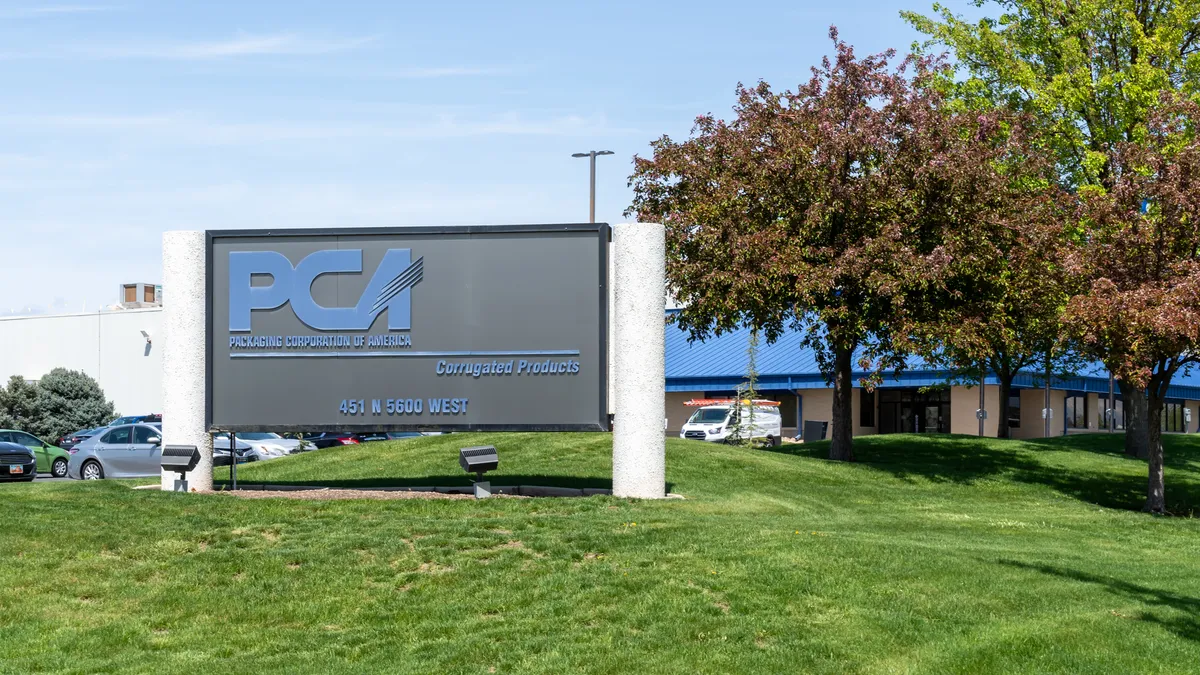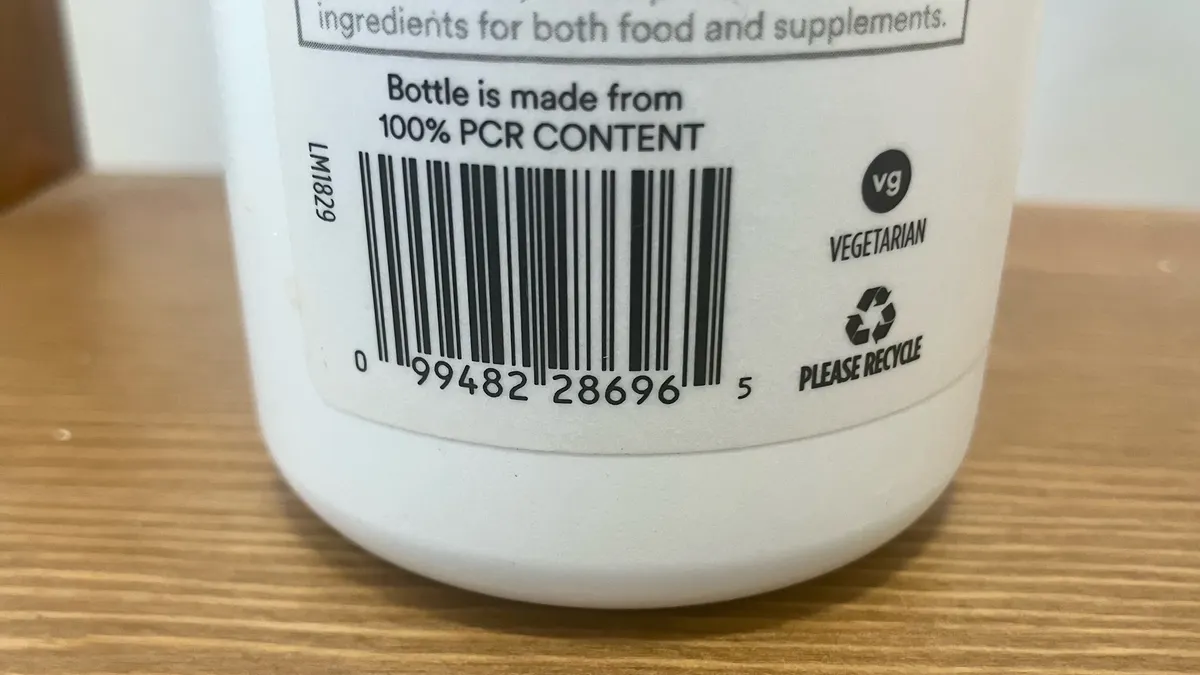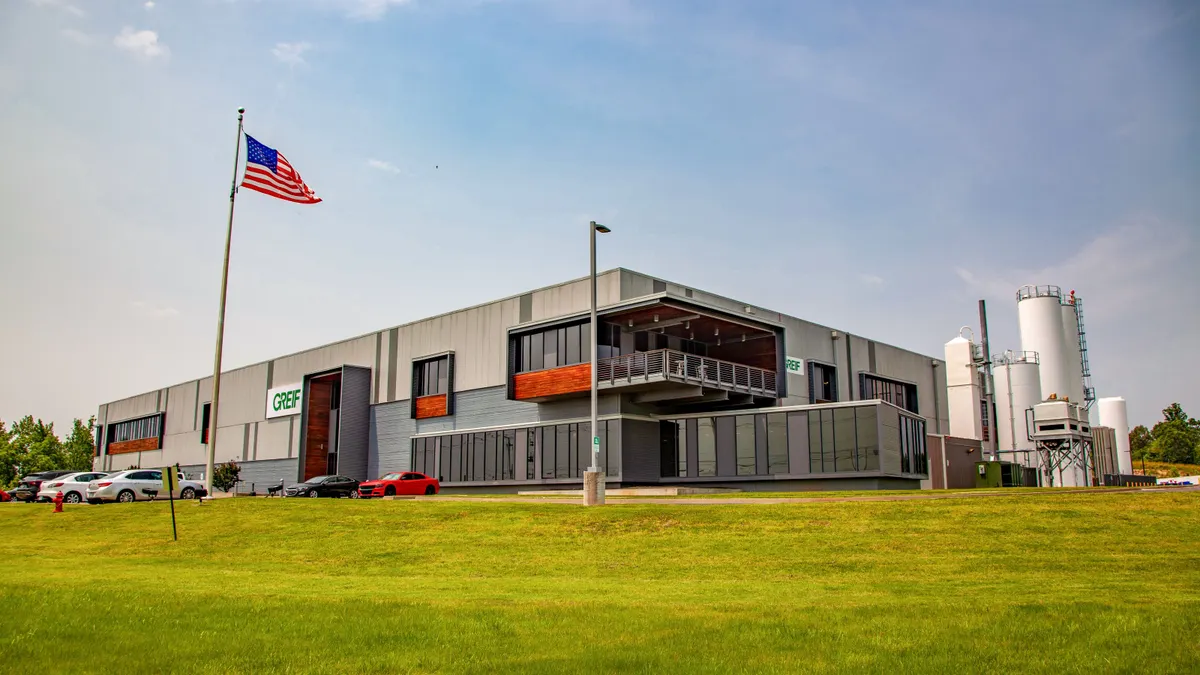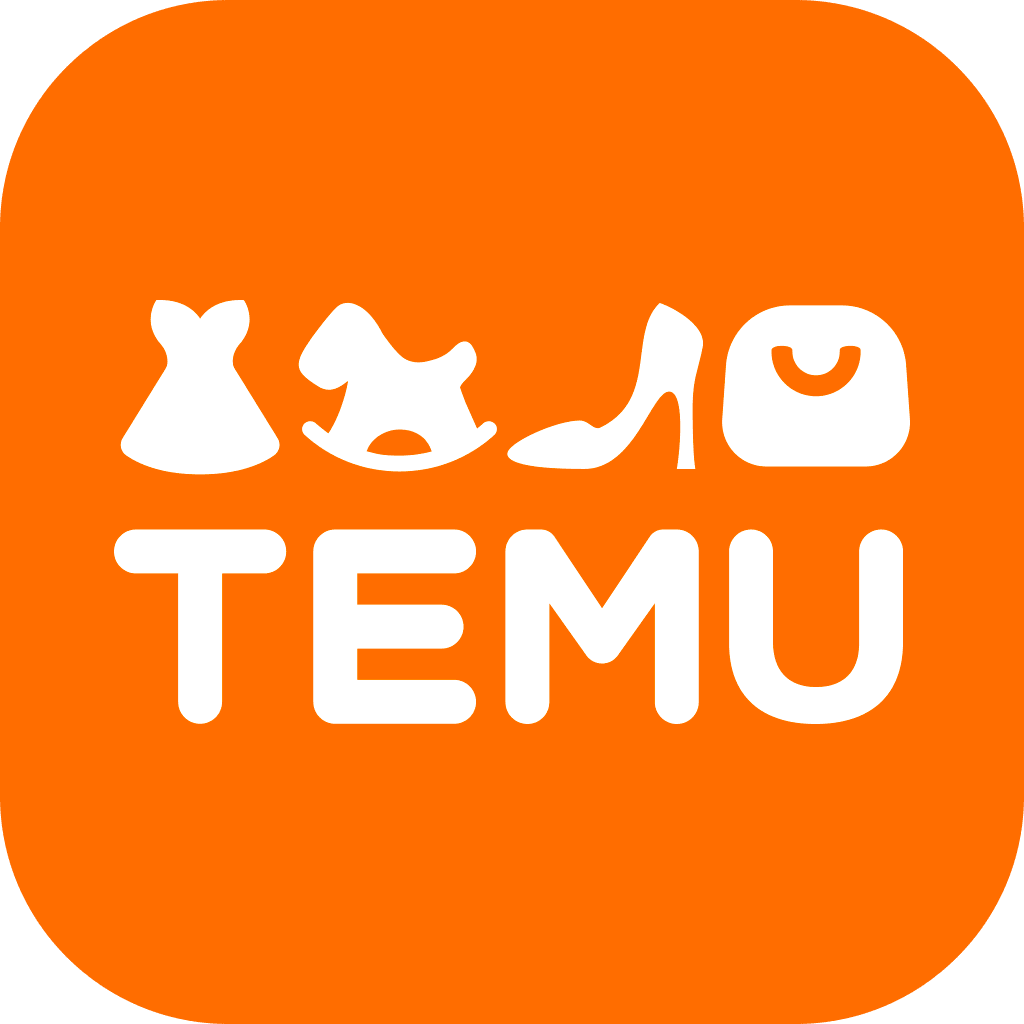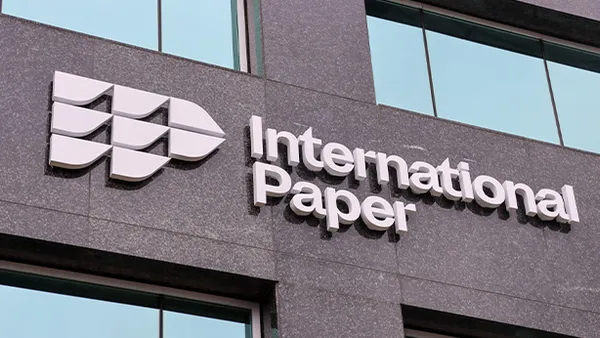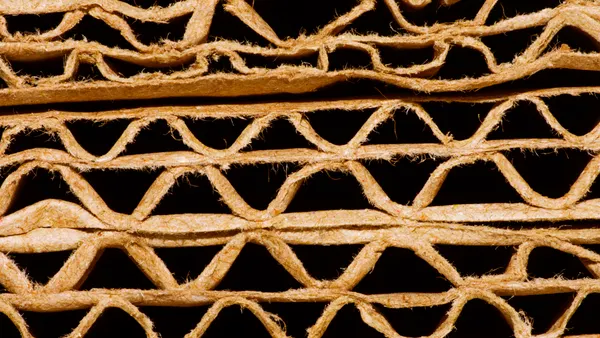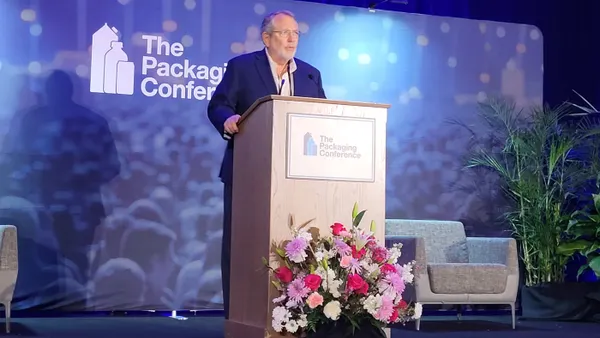Dive Brief:
- Packaging Corporation of America is buying Greif’s containerboard business in a $1.8 billion cash transaction. PCA projects the deal will close by the end of the third quarter. PCA is financing the deal through a mix of $1.5 billion in new debt and cash on hand, and Greif said it will put cash proceeds toward debt repayment.
- The business generated $1.2 billion in sales for the twelve-month period ending April 30. It comes with two containerboard mills in Ohio and Virginia, representing roughly 800,000 tons of annual production capacity. It also includes eight sheet feeder and corrugated plants across the U.S., as well as a sheet plant in North Carolina.
- PCA forecasts pre-tax benefits of $60 million within two years after the deal closes. “The synergies are projected to come from improved operational and production capabilities and efficiencies at the mills, increased integration, mill grade optimization and lower transportation costs,” the company said.
Dive Insight:
PCA CEO Mark Kowlzan said in a statement the Greif mills “nicely complement PCA’s system and will provide containerboard to support PCA’s continued corrugated products growth.”
The deal comes as Greif is focusing more on polymer-based products. The sale “represents a pivotal step in our work to sharpen our portfolio, enhance our capital efficiency, and advance our growth priorities,” said Greif CEO Ole Rosgaard in a statement.
Rosgaard shed more light on Greif’s rationale during a conference call Tuesday morning.
“Our strategy has been, and is, that we want to have a No. 1 or No. 2 position in whatever we choose to do,” he said. “We are not there with containerboard. We aren’t even close. And we are unwilling to make the significant investments that that would take.”
In December 2024, Greif outlined a three-year, $100 million cost-cutting plan. It intends to hit $1 billion in earnings before interest, taxes, depreciation and amortization come 2027.
The company recently shifted its operations from a dual focus on global industrial packaging and paper packaging and services to four material-based divisions: customized polymers, durable metals, sustainable fiber and integrated solutions. These areas allow Greif to focus on high-growth end markets such as food and beverage, pharma, flavor and fragrances, and agrochemicals.
“This transaction is not just about what we are exiting, it's about what we are becoming,” Rosgaard said Tuesday.
Greif CFO Larry Hilsheimer added that the company now has “significant financial flexibility to pursue high-return organic CapEx and strategic M&A in our targeted growth areas.”
Greif has made some other recent changes to its footprint.
It started the year announcing it would permanently cease production on a paperboard machine in Georgia in Q1, and permanently close a containerboard and uncoated recycled paperboard mill in Massachusetts in Q2. The company then announced it planned to divest its 176,000-acre timberland portfolio in the Southeastern United States, managed by wholly owned subsidiary Soterra. Later, it announced it would close a coated and uncoated recycled paperboard mill in Los Angeles in June.
Greif offered “low-end” 2025 guidance when it reported fiscal Q2 earnings in early June, projecting $725 million in adjusted EBITDA and $280 million in adjusted free cash flow. On Tuesday’s call, Greif executives said they could not currently offer updated guidance.
Editor’s note: This story has been updated with additional details from Greif’s conference call Tuesday.


